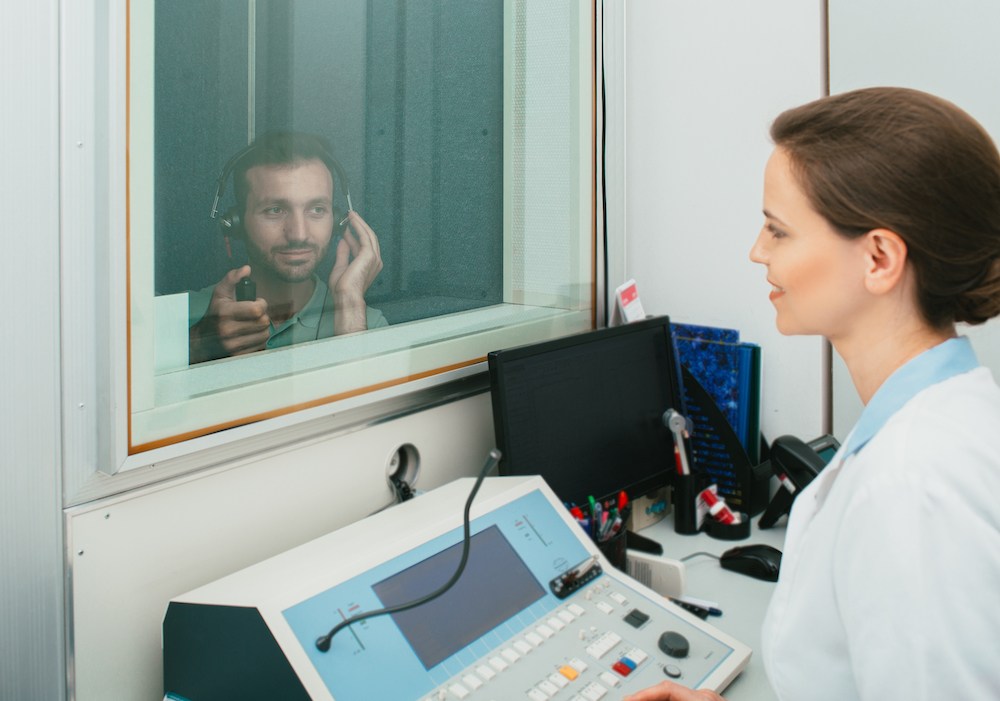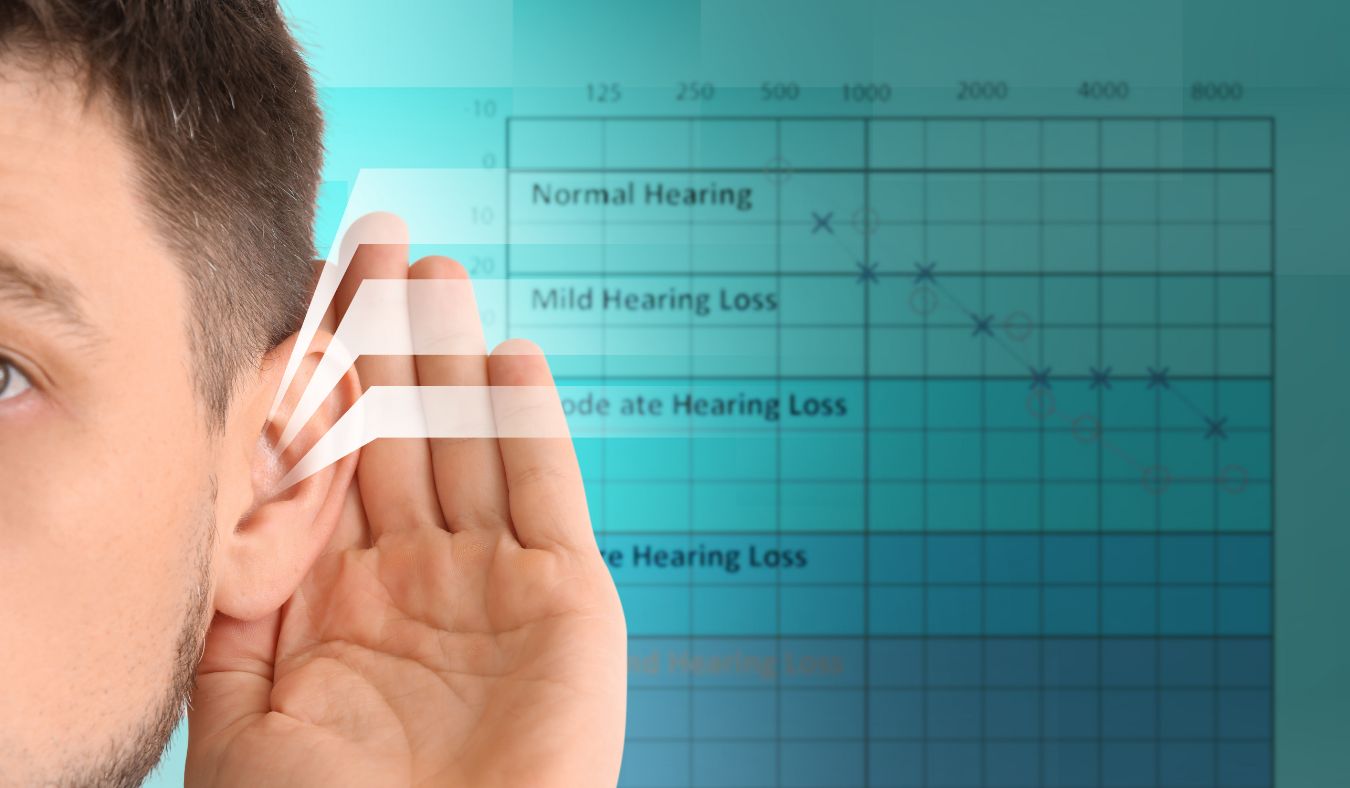Understanding the Impact of Environmental Noise on Hearing Test Results
Getting accurate results from a hearing test depends heavily on the


Getting accurate results from a hearing test depends heavily on the

Smart watches, fitness trackers and health monitors have become everyday

In today’s digital world, health solutions are often just a click